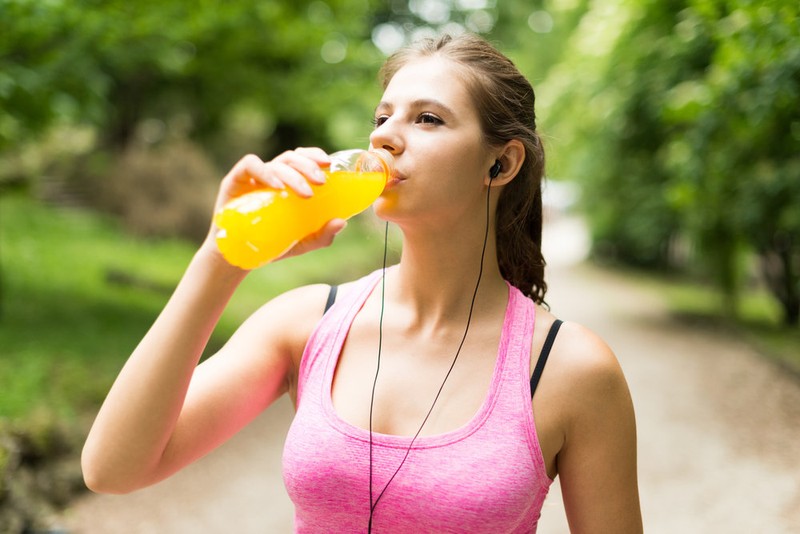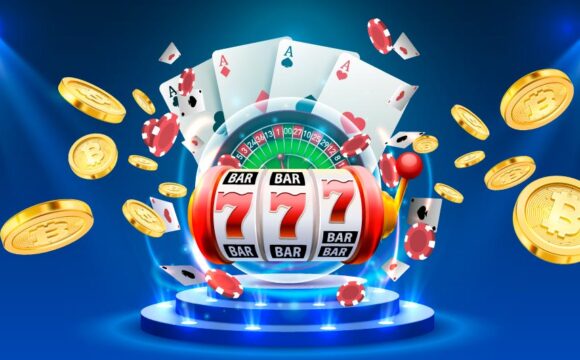Some sports drinks can cause stomach upset and digestive distress. It is important to test the product before you use it in competitions or races. Energy drinks or sports drinks must always be consumed in moderation. Anything excess is not good for your health. Consider the following nutrients when choosing an energy drink.
Remember, water is the primary ingredient. Therefore, it must be listed on top. An 8-ounce serving should have 50-150 mgs sodium. An 8-ounce serving should have 20-50 mgs potassium. On the hand, we must not forget carbohydrates, as it is the primary source of the energy. The ideal value for consuming carbohydrates must be 30-60 grams per hour. According to the experts, this amount is perfect to increase performance, and reduce fatigue. Consuming more than 20 grams of carbohydrates in an 8-ounce serving can slow down digestion, which cause stomach upset.
Is there any difference?
Energy drinks are not the exact same thing as sports drinks and should not be treated as such. Energy drinks have too many carbohydrates compared to the ordinary sports drinks. Excess consumptions of carbohydrates and caffeine can lead to diuretic effects and lower performance. There is also a risk of too much caffeine in zero-calorie energy drinks. You should not consume energy drinks too much. There must be a control.
What about Sugar
Sugar is the source of carbohydrates in energy or sports drinks. Sugar has two functions in sports drinks. It enhances the taste and provides quick-digesting carbohydrates for your muscles to sustain prolonged exercise. Sports drinks often contain carbohydrates in the form glucose, glucose polymers and sucrose. Research suggests that energy drinks that contain a mix of carbohydrates may be more effective than those that only have one source of carbohydrate. High-caloric energy drinks should not be consumed by athletes who require quick-digesting carbohydrates. A sugar-free, low-carbohydrate sports drink will not give you extra energy.
Hydrating sports drinks for shorter duration exercises
Sports drinks with lower calories are low in carbohydrates and calories, which makes them less effective at boosting energy or performance during events. They do contain water, which helps to hydrate the body. Many beverages also contain vitamins like vitamins C, E and B-6 as well as vitamin B-12. These nutrients are not considered a threat, but they can provide some added benefits, as they are readily available in food. Coconut water is often promoted as a natural alternative to traditional sports drinks. Coconut water is much lower in sodium, carbohydrate, and has a higher level of potassium than other sports drinks.








